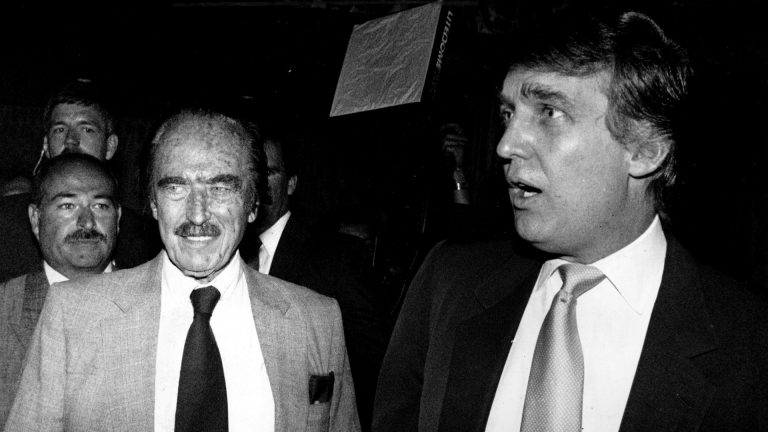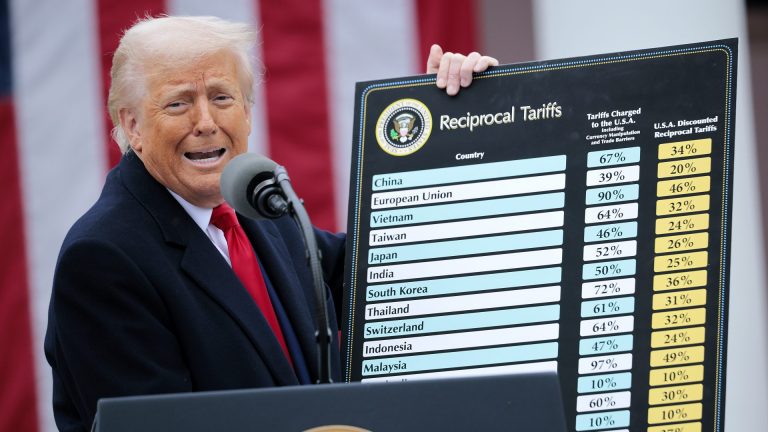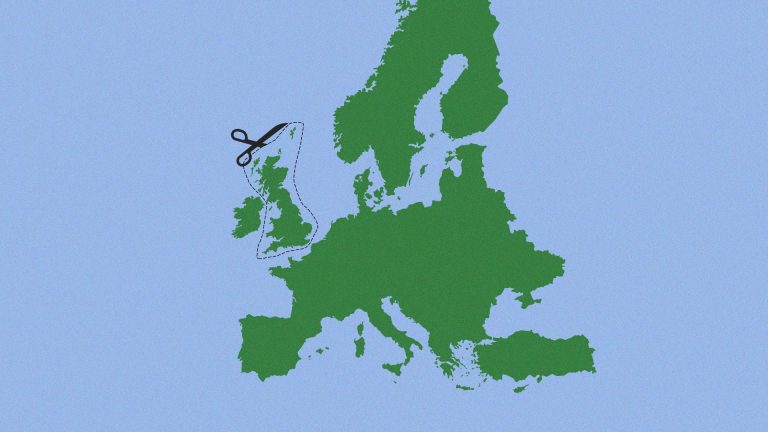
August is known as the silly season.
It should come as no surprise that the term came into being in reference to the Conservative Party. Not quite the Tory Party we know today, but its beginnings in the tumultuous time of Queen Victoria’s reign in the 1850s and 1860s.
This was the era of the ‘Peelites’, a breakaway faction of the Conservative Party, who took their name from Robert Peel, Prime Minister and leader of the Tories. Police got their nickname, too, from Peel. But not even the bobbies could calm the personal level of the split in the party. Faction piled upon faction.
There was a national crisis back then, too: this one was the Crimean War. It was a conflict which came about as a result of the breakdown of the policeman of Europe: Russia.
A series of dominant single nations – a seesaw of madness – is the way Europe functioned for hundreds of years.
The parties of the 1850s and 1860s that were to merge and become the Tories functioned like a game of ping-pong. Their machinations occupied the nation’s press. Especially in the heaviness of late summer: the silly season.
So what better emblem for this silly season, this waning summer, than one Jacob Rees-Mogg. Man Of The Moment.
Nothing amazes us immigrants more than to discover that British need for two things: a toff and a laugh. If the two go together all the better. In the person of Jacob Rees-Mogg, talked up this summer as a possible PM, they appear to meet.
On the surface.
Step forward Moggmentum, a silly season phenomenon par excellence which is trying to invoke The Spirit Of Corbyn. And steal from the Corbyn Playbook.
Moggmentum’s bedrock is the notion of Rees-Mogg’s ‘authenticity’.
‘Authenticity’, like ‘centrist’ is one of those terms that can be deemed either a compliment or an insult. Sort of ‘silly season’.
Their definition depends on who’s talking. The meaning of both rests in the eye and the mind of the beholder. Moggmentum is attempting to fashion a hybrid – a right-wing Jeremy Corbyn mixed with Britain’s own version of Donald Trump, an intelligent version and without the bombast.
Moggmentum trades on the idea that Rees-Mogg has the same trait as Corbyn: ‘He-is-what-he-is-what-he-is-what- he-is.’
With that comes the demise of the perceived toxic duplicity of Blair; the flawed and doomed earnestness of Brown; the Austerity Bros, coalition of the Tories and Lib Dems; that Romulus and Remus of Very Bad Ideas, Cameron and Osborne; and the present Reign of Mayhem.
Rees-Mogg is being packaged to an increasing number of people as an oasis of Realness.
The Daily Telegraph, in its obituary of his father, the legendary Times editor and ‘proud to be a part of the Establishment’ William Rees-Mogg stated: ‘Sometimes described as an 18th century Whig, he was politically Conservative as well as being a staunch Roman Catholic and deeply committed to a traditional view of the British way of life … His father, Edmund, was a Somerset landowner, a conventional enough gentleman farmer, but his mother, Beatrice, had been an American actress…’
It is an inherited air of the theatre, never a bad thing in Britain, which makes Rees-Mogg a tech-age Wildean figure, a reverse Dorian Gray whose ugly portrait is never seen.
Add to this the traits of a US sitcom’s version of an English aristo; Sebastian Flyte from an am-dram production of Brideshead Revisited; the performance that is Jacob Rees-Mogg makes him the perfect poster boy for these lazy days of August.
But what lies behind the curtain?
Backstage in the theatre of politics, Rees-Mogg turns out to be a rather uninteresting garden-variety reactionary. He is a dull right-winger with views like this: ‘There has been a growing problem of judicial activism which has seen the courts being used as a method of pursuing political objectives through other means … The United Kingdom will leave the European Union and this decision ought not to cause any delay. Nonetheless, the Judiciary is causing an unnecessary constitutional clash and one of the advantages of leaving the European Union is that there will no longer be any law superior to an Act of Parliament which may put the Judiciary back into its rightful role.’
‘Judicial activism’ is a tired phrase borrowed from the American Right – Koch Brothers division – which believes that judges are biased. Funders of the Tea Party Movement, the billionaire Koch Brothers see the State as The Enemy.
And Rees-Mogg, clearly a Koch Brothers disciple, does not seem to accept that there are three co-equal branches of government. The legislative, the judiciary and the executive are actually independent of each other.
This tenet is a pillar of our democracy. But Rees-Mogg would seem to have a vision of a Britain in which judges can be deemed ‘Enemies Of The People’ if they do not bend to the ‘The Will Of The People’.
Of course, if judges do come under the influence of politicians, Rees-Mogg’s tag ‘MP for the 18th century’ could become frighteningly appropriate.
This is a man who wants to ’tilt the scales back towards the individual’, a dog-whistle to anyone who sees the State as a nuisance and an enemy. He is quoted as having said on the BBC in reference to same-sex marriage: ‘I’m not under any pressure. I’m a Roman Catholic and have made it clear to my constituents that in this sort of matter I take my whip from the hierarchy of the Roman Catholic Church rather than the Whip’s Office.’
This is, hopefully, Moggmentum Humour which sets aside the small matter that he really ought to be sitting on the Opposition benches if he is toying with refusing the Whip. But in this silly season, Rees-Mogg can do no wrong.
A rampant Brexiteer, he has the support of a failed UKIP candidate Przemek Skwirczynski, one of the key creators of Moggmentum. He believes that Rees-Mogg speaks to ordinary people. And the ordinary people are being sold a man who, once by his own admission, couldn’t be elected to Parliament because of the way he spoke.
It seems that, in the end, everyone’s time comes.
Brexit is perfect silly season. In its failed attempt to not make the UK look like the supplicant it is, it creates a kind of fairy-tale, a dream state. In the end all will be well.
But there are nasty things known as facts: earlier this week the EU announced that there would be no ‘frictionless trade’ with the UK outside of the single market. Other facts: the falling pound; the reality of an ageing society faced with the prospect of low immigration; the repatriation of complex EU laws into a catch-all vehicle known as The Great Repeal Bill; and much more.
The issue is not Rees-Mogg himself, but the Theatre of Rees-Mogg.
The theatre hides the reality.
The reality of Rees-Mogg is that he is so far to the right of the Conservative Party and that he is where he is because of the never-ending proxy war raging in the Conservative Party. And this proxy-war is always about Europe.
Having achieved the referendum, and its miniscule majority for Leave, right-wingers are frightened that, as the cold hard light of reality emerges, the population may back away.
Rees-Mogg keeps us amused and in doing so helps guarantee that The Project – for many Tories a life-long battle to pull the UK out of Europe – stays alive. And along with it a domestic agenda that would take the nation backwards.
These two crusades go hand-in-hand.
Jacob Rees-Mogg is a kind of false memory – the false memory of a nation yearning for a past which in reality was only available for a few.
Jacob Rees-Mogg is not the danger.
The false memory he embodies is.









